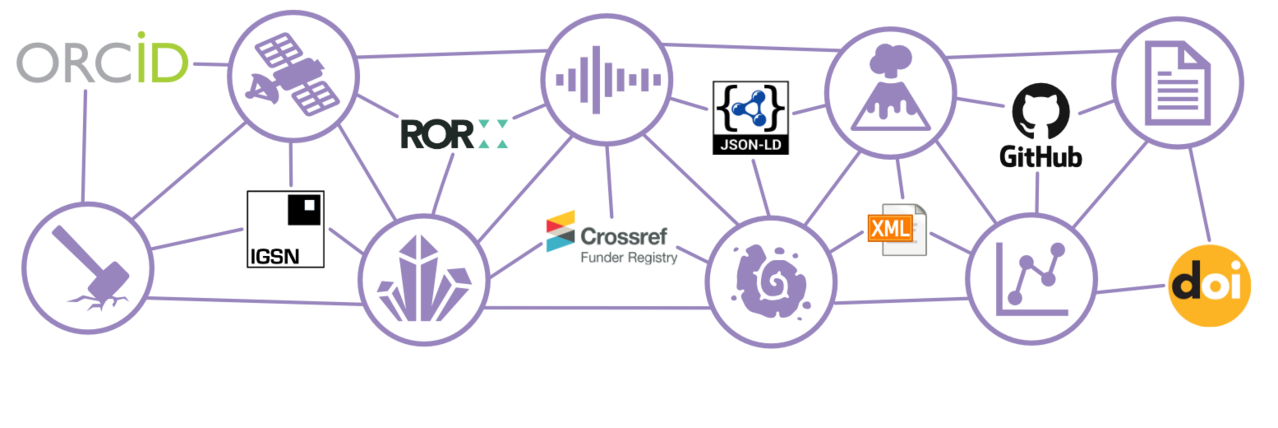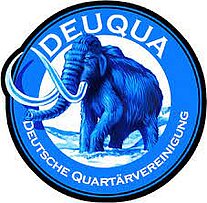Search engine for geological maps (FID GEO)
The interactive overview map on GEO-LEOe-docs provides access to the online freely available sheets of the geological maps GK25 and GK50. Map sheets already available on GEO-LEOe-docs are listed, usually complemented with the associated explanatory booklets. Researchers may propose public domain map sheets of the GK25 for digitization by the FID GEO free of charge.
Search engine for topographic maps (SIS Maps)
Our partner, the Specialised Information Service for Cartography and Geodata (SIS Maps), offers various map catalogues on its website, including a high volume of topographic map series with links to the world's national and regional geoportals as well as links to various country-specific Grids&Datums.
Search alphabetically by country name under: Topo-List.
GEO-LEOe-docs is the geoscientific repository for texts and geological maps, maintained by the FID GEO and operated at the Göttingen State and University Library (SUB Göttingen). GEO-LEOe-docs serves as a platform for Green Open Access publications (secondary publications). It also offers an interactive overview map with access to digitised geological maps (GK25). On GEO-LEOe-docs all documents are freely accessible and referenced with DOI. Various ongoing net publications are released here as digital first publications.
GFZ Data Services is the subject-specific research data repository for the geosciences and related disciplines, through which research data have been published with DOI since 2004. Today, GFZ Data Services is an internationally recognized repository for citable and DOI referenced geoscientific data, software and the assignment of International Generic Sample Numbers (IGSN = PID for physical samples).
News
Data sharing made easier with Repository Finder
Funders and publishers increasingly require research data to be made available in appropriate repositories. But deciding which repository to choose or what counts as an “appropriate repository” can take a long time. Repository Finder, online since September 2018, helps to make this decision.
With Repository Finder, you can search for research data repositories that accept research data for publication in accordance with the FAIR Data Principles. These repositories are characterized by support for free access to research data and the use of persistent identifiers (e.g., DOI Digital Object Identifier). With the Repository Finder search function, you can use keywords (for example, “earth sciences” or “hydrology”) to find repositories for your discipline.
Repository Finder uses data from re3data.org, the worldwide directory of research data repositories. For more information about Repository Finder, read this blog post.
The FAIR principles address the conditions for a better dissemination and reuse of research data. FAIR stands for
- Findability
- Accessibility
- Interoperability
- Reusability
The implementation of the FAIR principles for research data in the geosciences is driven by initiatives such as the “COPDESS Statement of Commitment from Earth and Space Science Publishers and Data Facilities” and the American Geophysical Union (AGU) project “Enabling FAIR Data in the Earth and Space Sciences“.











![[Translate to English:] Deutsche Geologische Gesellschaft - Geologische Vereinigung](/fileadmin/_processed_/e/e/csm_DGGV-Logo_164_89ea9c71c0.png)
![[Translate to English:] Das Geowissenschaftliche Studentische Erfahrungs- und InteressensNetzwerk](/fileadmin/_processed_/d/5/csm_Gestein_Web_Logo_c9a4cdaff8.png)



![[Translate to English:] Deutsche Mineralogische Gesellschaft e.V.](/fileadmin/_processed_/5/8/csm_DMG_96aeefffbf.jpg)


